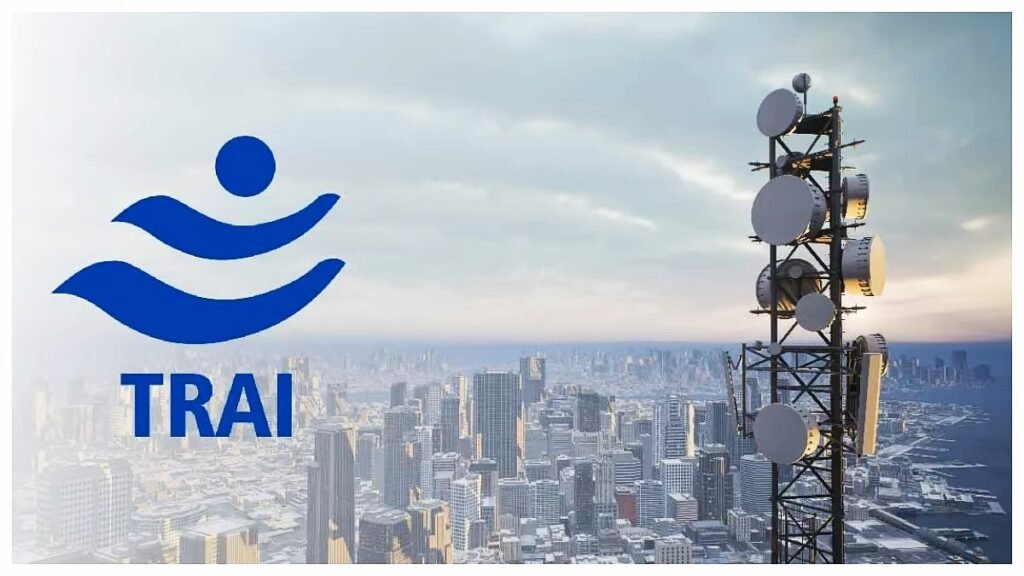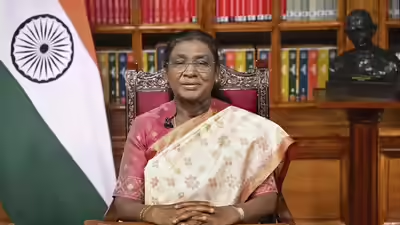
In a significant move to regulate the burgeoning satellite internet sector, the Telecom Regulatory Authority of India (TRAI) has proposed a new fee structure for satellite communication (satcom) operators. The recommendations include a 4% levy on the adjusted gross revenue (AGR) of satcom companies, along with an additional annual charge of ₹500 per active subscriber in urban areas. Notably, this additional fee will not apply to subscribers in rural and remote regions, aiming to promote digital inclusion in underserved areas.
Key Highlights of TRAI’s Proposal:
- Spectrum Usage Charges: Satcom operators utilizing both geostationary (GSO) and non-geostationary (NGSO) satellite systems will be subject to a spectrum usage charge of 4% of their AGR. Additionally, a minimum annual spectrum fee of ₹3,500 per MHz has been recommended .
- Urban Subscriber Fee: An extra annual charge of ₹500 per active subscriber in urban areas is proposed for NGSO-based fixed satellite services. This measure aims to balance the cost structure and encourage operators to expand services to rural regions .
- Rural Exemption: To foster connectivity in less-developed areas, TRAI has exempted rural and remote area subscribers from the additional ₹500 fee, providing an incentive for operators to extend their services to these regions .
- License Duration: The proposed spectrum allocation will have an initial validity of five years, with a potential extension of two more years based on market conditions and performance .
Industry Implications:
The new fee structure is poised to impact both global and domestic satellite internet providers, including Elon Musk’s Starlink, OneWeb (backed by Bharti Enterprises), and the Jio-SES joint venture. While the proposal aims to streamline operations and encourage investment, some industry stakeholders express concerns that the additional fees could pose challenges for emerging operators and startups, potentially hindering innovation and slowing the adoption of satellite broadband in urban India .
TRAI’s recommendations are currently under review by the Digital Communications Commission, the apex decision-making body within the Department of Telecommunications. Following this, the proposals will be forwarded to the Cabinet for final approval. If ratified, these measures could significantly shape the future landscape of satellite internet services in India, balancing regulatory oversight with the goal of expanding digital connectivity across the nation .




